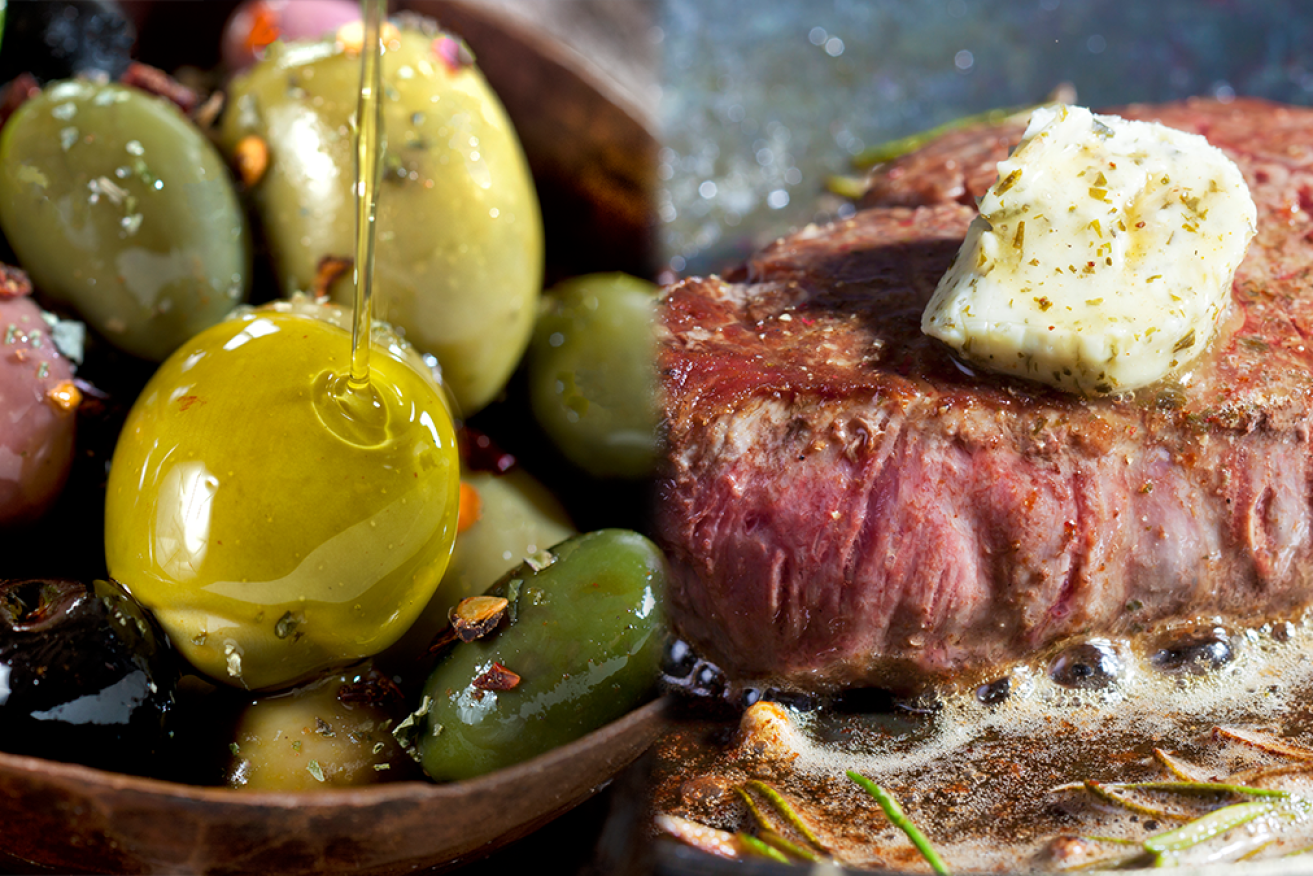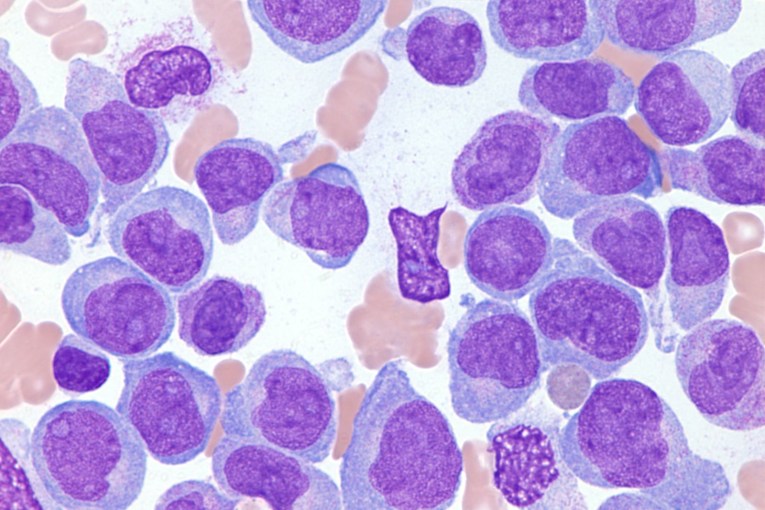Replacing animal fat with vegetable fat may reduce risk of stroke, study finds


A new study found eating vegetable fats lowered stroke risk compared to animal fats. Photo: TND
Most of us are well aware that eating too much saturated fat is not good for our heart health.
But a new study suggests the source of fat, rather than the amount, contributes most to our risk of having a stroke.
In a win for vegans and vegetarians, researchers said consuming non-dairy animal fats was linked to a 16 per cent higher stroke risk, compared with consuming fats from vegetables.
Four main types of fats
- Monounsaturated fats: Found in things like avocados, unsalted nuts, olives and vegetable oils
- Polyunsaturated fats: Found in fish, sesame seeds and chia seeds, pine nuts and walnuts, eggs, chicken and beef
- Saturated fats: Found in the fat on meat, coconut oil, chicken skin, cream, ice cream and butter
- Trans fats: Found in things like deep-fried food, hot chips and pizza
The Heart Foundation recommends replacing saturated and trans fats with unsaturated fats as part of a healthy diet.
This remains the case, but new research has found whether those fats come from animals or vegetables is also important.
The research, presented at the American Heart Association’s Scientific Sessions, was the first study to analyse how consuming fats from different sources affects the risk of stroke.
Why does it matter?
As reported by The New Daily, about 50,000 Australians suffer a stroke every year.
About 85 per cent are caused by a blood clot restricting blood flow to the brain, known as acute ischaemic stroke (AIS), the rest are haemorrhagic strokes, caused by a ruptured blood vessel.
Lead author Dr Fenglei Wang said the observational study compiled 27 years worth of data from more than 117,000 health professionals.
It found that participants who ate the most non-dairy animal fat were 16 per cent more likely to experience a stroke, compared to participants who ate the least amount.
Meanwhile, participants who ate the most vegetable fat and polyunsaturated fat were 12 per cent less likely to experience a stroke, compared to those who ate the least amount of those.
“Our findings indicate the type of fat and different food sources of fat are more important than the total amount of dietary fat in the prevention of cardiovascular disease including stroke,” Dr Wang said in a statement.
The study was limited in that participants tracked their intake, and an observational study cannot establish a cause-and-effect relationship.
What can be done?
Unsurprisingly, based on their analysis, researchers provided a simple takeaway: Eat less non-dairy animal fat.
Some good news for the lactose tolerant, dairy fats were not associated with the higher stroke risk, meaning cheese, butter, milk, ice cream and whipped cream are all still on the table, while red and processed meats should be limited.
Professor of nutrition science and policy Alice H. Lichtenstein said processed meats are often high in saturated fat and low in vegetable fat.
“Research shows that replacing processed meat with other protein sources, particularly plant sources, is associated with lower death rates,” she said.
The vegans reading may be nodding their heads, but for those who just want to eat steak: Researchers recommend trimming off the fat and cooking it in “non-tropical vegetable oils” such as olive oil.
One more reason
In case you need another reason to replace your bacon sandwich with a tuna one, TND recently reported consuming processed meats is also harmful to the planet.








